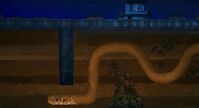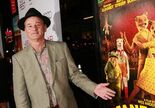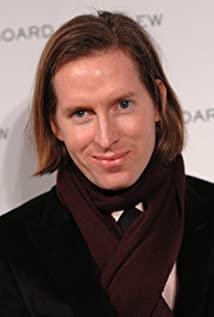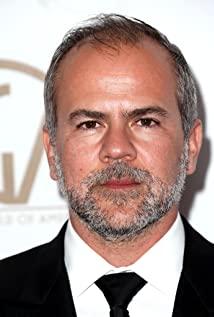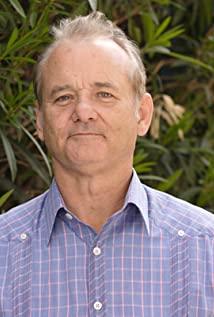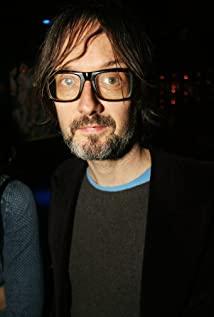There are many assumptions and premises in economics. For example, people are rational people, and people seek benefits and avoid disadvantages, but these assumptions cannot explain the behavior of father fox. In my opinion, the quality of life of Father Fox has improved significantly after he changed his career as a journalist. He doesn't have to worry about it, he is quiet and leisurely, and according to the assumption that everyone seeks advantages and avoids disadvantages, Father Fox must no longer be in his old job. However, there was something in his blood and his natural bones that made dad fox buy a black professional mask, developed a "master plan", and overcame a series of obstacles such as the power grid to steal things. I think, in this process, he must have obtained a great sense of psychological satisfaction and satisfied some of his nature, but this behavior will probably pay a great price, the lives of himself and his family.
I can't judge whether Father Fox's behavior is good or bad, but I know that my habitual thinking makes me think from the perspective of economics and law, so it is difficult to understand Father Fox at first. However, the starting point of a behavior has an economic perspective and From a social perspective, what is incomprehensible from an economics perspective may be understandable from a social behavioral perspective.
Another point, is the wolf that appears at the end of the film. He doesn't wear clothes like other animals in the film. He walks like a man on his hind legs. The wolf walks on all fours. He can't speak English and Latin. And there was power, like a savage breeze, and I remember papa fox shedding tears when he saw it, and muttered: What a beautiful creature. Yes, the fox father has a family, has children, and has all the norms of rational behavior. He can no longer take great risks to steal things. This is the price of his warm family life and rational people.
View more about Fantastic Mr. Fox reviews





